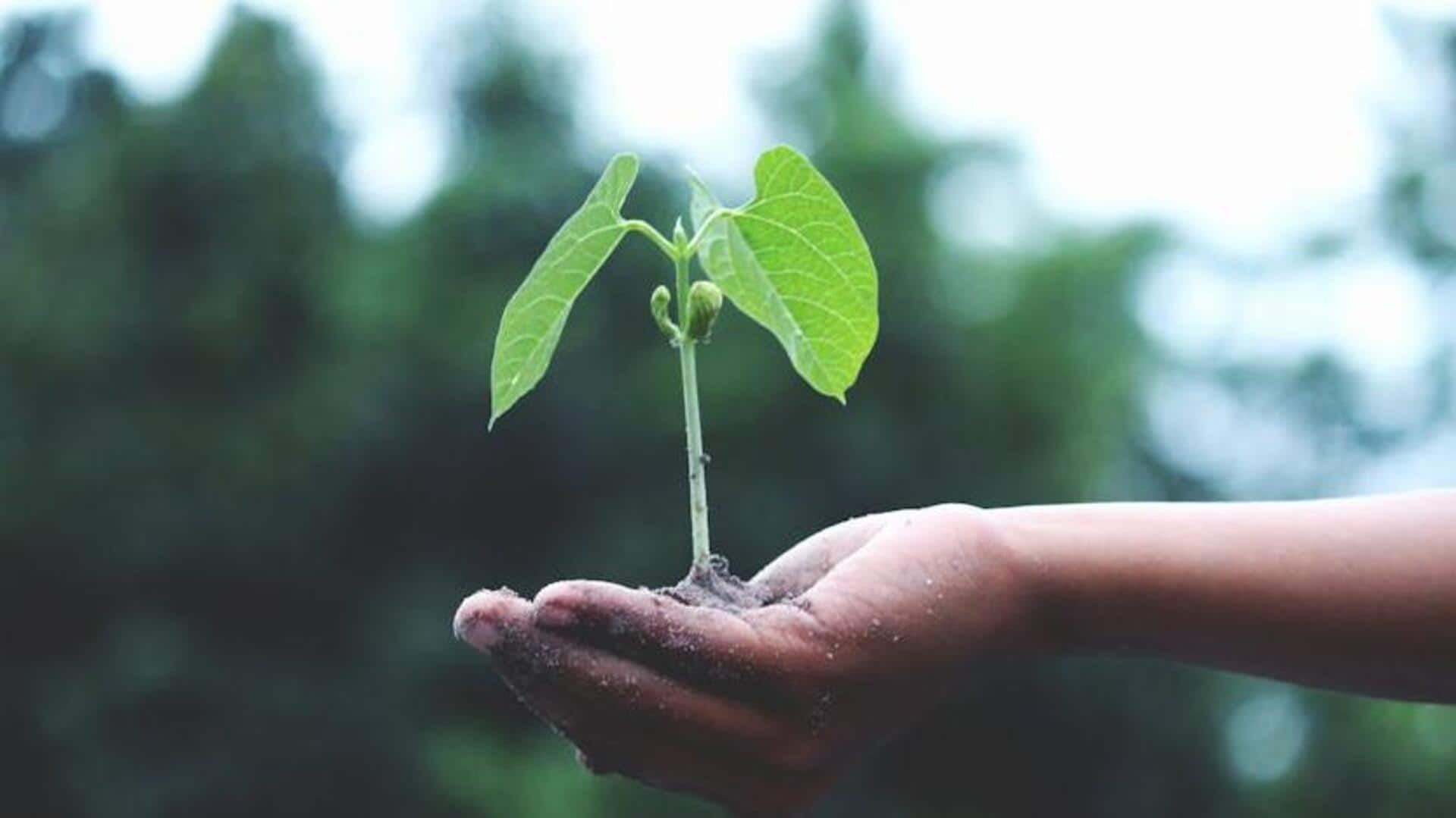
Transitioning to a zero-waste lifestyle like a pro
What's the story
Embracing a zero-waste lifestyle drastically cuts your environmental footprint by eliminating waste through mindful buying, reusing items, and recycling whenever possible. This philosophy not only saves resources but also fosters healthier living and can save you money. While the switch might seem daunting at first, with the right tips and tricks, going zero waste can be totally doable!
Audit
Start with a waste audit
The first step in transitioning to a zero-waste lifestyle is to perform a waste audit to assess your current waste generation. For one week, carry on with your normal routines but gather all your waste. At the end of the week, categorize this waste into three groups: recyclables, compostables, and trash. This exercise will highlight areas for improvement and help establish realistic goals for waste reduction.
Reusables
Embrace reusable alternatives
A significant step towards waste reduction is the switch to reusable items. Choose a sturdy water bottle, coffee cup, shopping bags, and containers for food storage. While these items require an initial investment, they ultimately save money by eliminating the need for disposable alternatives. This change not only reduces waste but also fosters a sustainable lifestyle, serving as a simple yet powerful shift towards zero waste.
Composting
Composting organic waste
Almost 30% of what we throw away at home is organic waste that could be composted, but instead it ends up in landfills, where it rots and releases methane, a powerful greenhouse gas. Setting up a compost bin at home is easy, cuts down your trash by a huge amount, and gives you rich, fertile soil for your plants or garden.
Shopping
Shop smartly and sustainably
Choose items with less packaging: When shopping, try to choose items that have minimal packaging or are packaged in materials that can be easily recycled. Buy in bulk: Purchasing in bulk significantly reduces the amount of packaging waste generated. Purchase second-hand items: Buying second-hand not only extends the life of items but also reduces the demand for new goods, fostering a more sustainable environment and lifestyle.
Recycling
Educate yourself on recycling properly
Recycling regulations differ significantly from one place to another, so familiarizing yourself with the specific rules in your locality is key to ensuring your efforts are not wasted. Misrecycling can lead to the contamination of otherwise recyclable materials, rendering them unfit for reuse, so it's worth investing a bit of time to learn the ins and outs of recycling. And, remember to rinse out containers before recycling them!